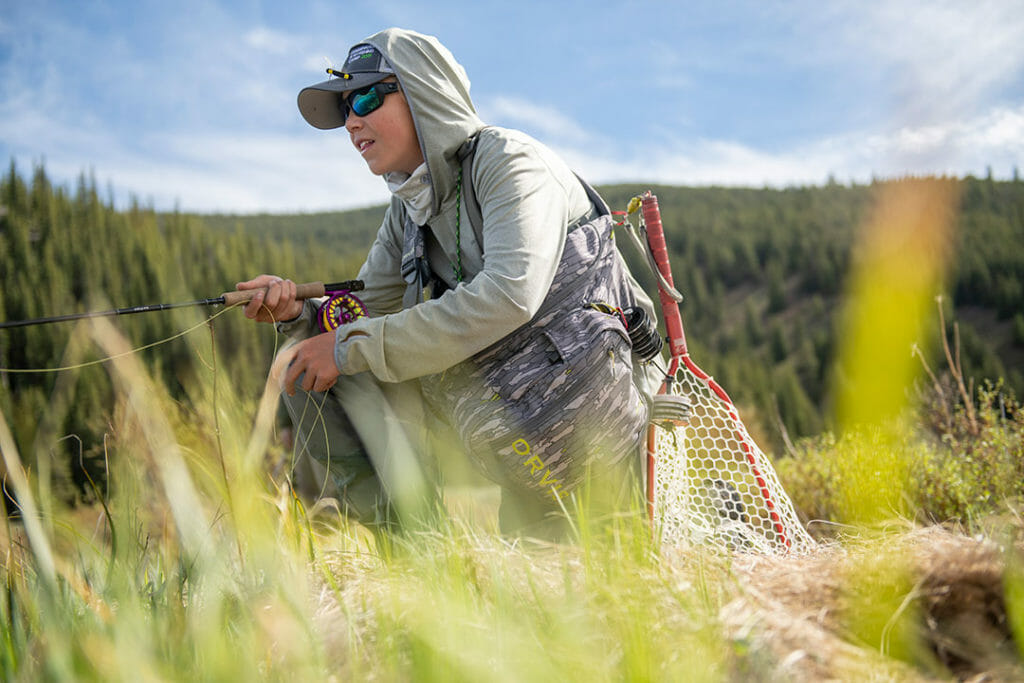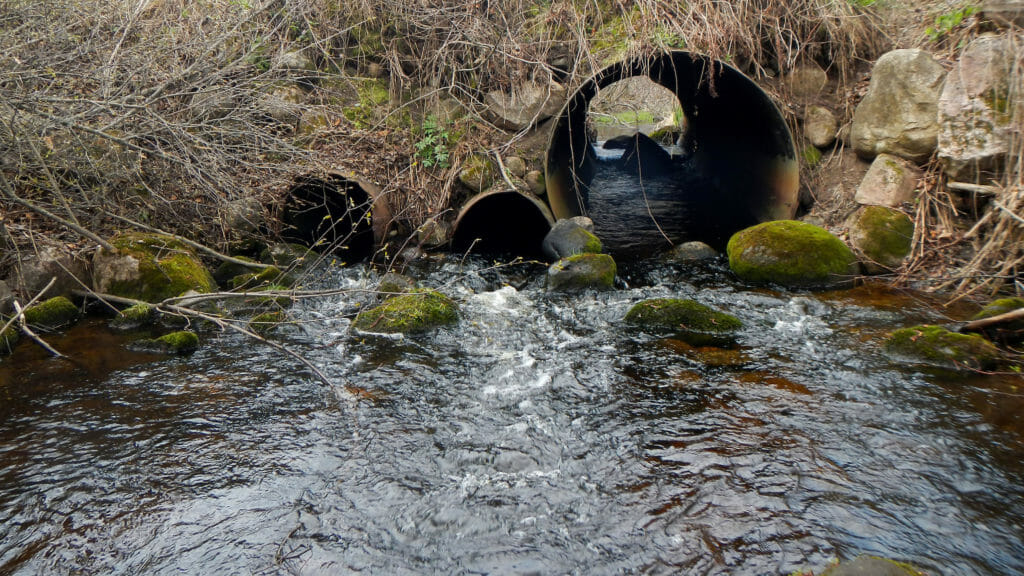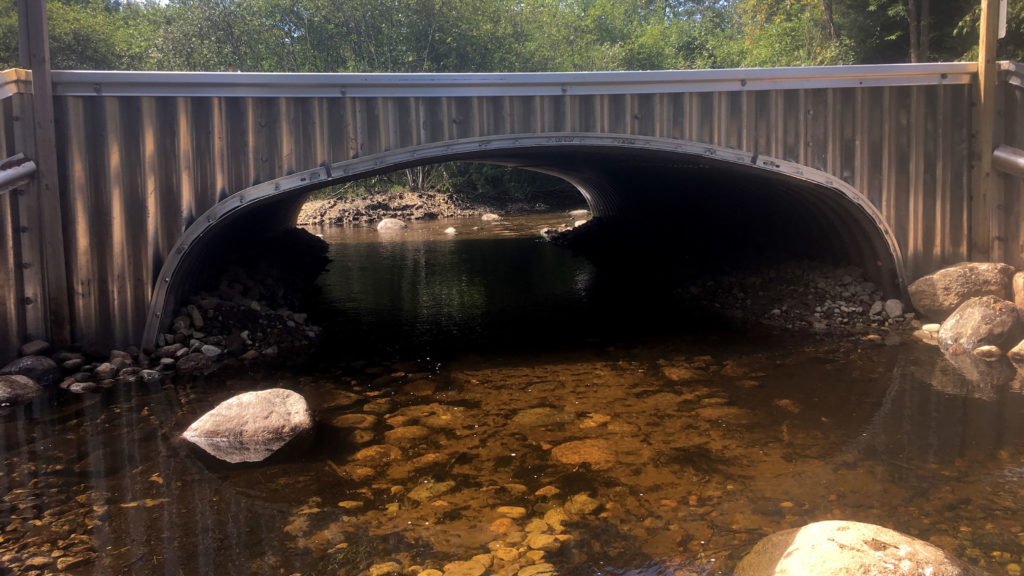
The Great American Outdoors Act would fund LWCF and restoration projects across the country.
On Monday a bipartisan group of Senators introduced the Great American Outdoors Act (S. 3422) to fully and permanently fund the Land and Water Conservation Fund (LWCF) and help tackle the multi-billion-dollar public lands maintenance backlog. The legislation follows a press conference last week announcing a bill was being drafted and a tweet from President Trump calling on Congress to send him a bill that “fully and permanently funds the LWCF and restores our National Parks.”
Introduced by U.S. Senators Cory Gardner (R-Colo.), Joe Manchin (D-W. Va.), Steve Daines (R-Mont.), Rob Portman (R-Ohio), Mark Warner (D-Va.), Lamar Alexander (R-Tenn.), and Richard Burr (R-N.C.), the bill has strong bipartisan support with 54 Senate cosponsors. Passing this bill would be a major victory for conservation and would be the second landmark public lands legislation passed in this Congress, the first being the John D. Dingell Jr. Conservation, Management, and Recreation Act, a bill that established 1.3 million acres of new wilderness, protected sensitive public lands from mining, and authorized the Land and Water Conservation Fund.
While that law permanently authorized LWCF, it didn’t provide mandatory funding for the program, making the legislation introduced this week crucial to ensure the program continues to support hunting, fishing and recreation for generations to come.
Importantly, S. 3422 also includes funding to help address the nearly $20 billion maintenance backlog for all federal land management agencies. The public lands maintenance backlog has been mounting for decades and is now estimated at nearly $20 billion, with $12 billion for the Park Service, $5.2 billion for the Forest Service $1.3 billion for the Bureau of Land Management, and $1 billion for the Fish and Wildlife Service. The legislation includes $9.5 billion in funding over five years to tackle this problem. The legislative proposal originally included funding only for the Park Service, but hunters and anglers championed a change to provide funding for all public land management agencies.
Funding all of our public land management agencies is critical for coldwater conservation. TU partners with both the Department of the Interior and Forest Service on collaborative restoration projects and the scope of TU’s on-the-ground restoration work with these agencies is growing. For instance, we have leveraged nearly $43 million in funding to complete projects on Forest Service lands, with much of this work dedicated to projects that are in the maintenance backlog bucket. In the next few years, working with the Forest Service and more than 1500 partners, TU will reconnect and restore 600 miles of streams across the country. The Great American Outdoors Act would allow us to double down on this work and put more money on the ground to restore public lands.


Just one example comes from the Chequamegon National Forest in northern Wisconsin, where TU partnered with the Forest Service on the Halley Creek Aquatic Organism Passage Project. The project replaced undersized culverts that were migration barriers, reconnecting 7.2 miles of high quality, Class I trout stream to the Peshtigo River. Fixing roads that are bleeding sediment and removing migration barriers for trout and salmon at road crossings are just two examples of how this bill and TU’s partnership with federal agencies will make fishing better. This is the dirty work that sets TU apart and that makes a difference in communities across the country!
The Great American Outdoors Act is a once-in-a-lifetime opportunity to guarantee investments in our public lands hunting and fishing heritage for generations to come. You can help make this a reality by going to TU’s action center and urging your members of Congress to support full, permanent funding for the Land and Water Conservation Fund and dedicated funding to address the maintenance backlog for all public land management agencies.


